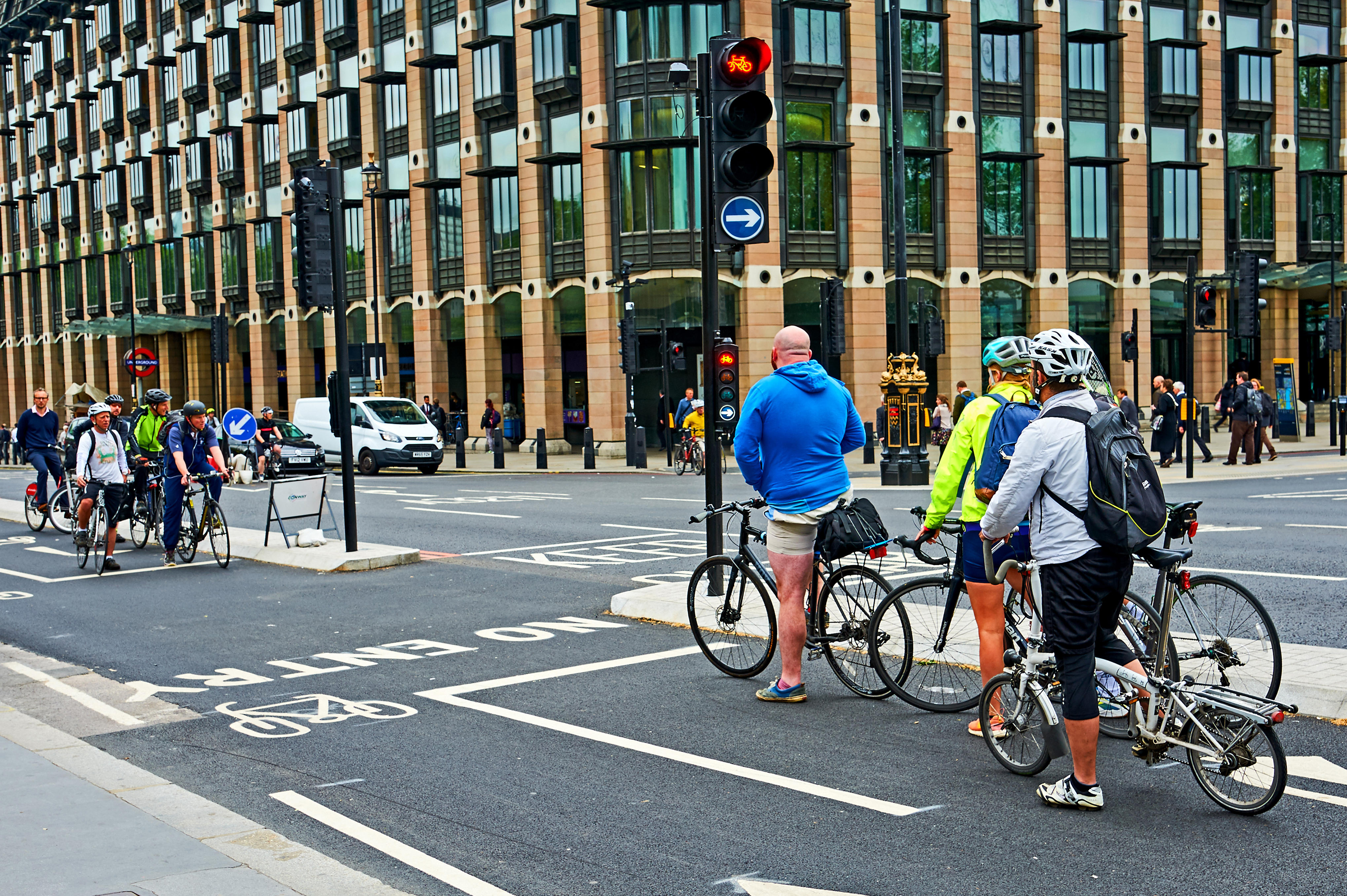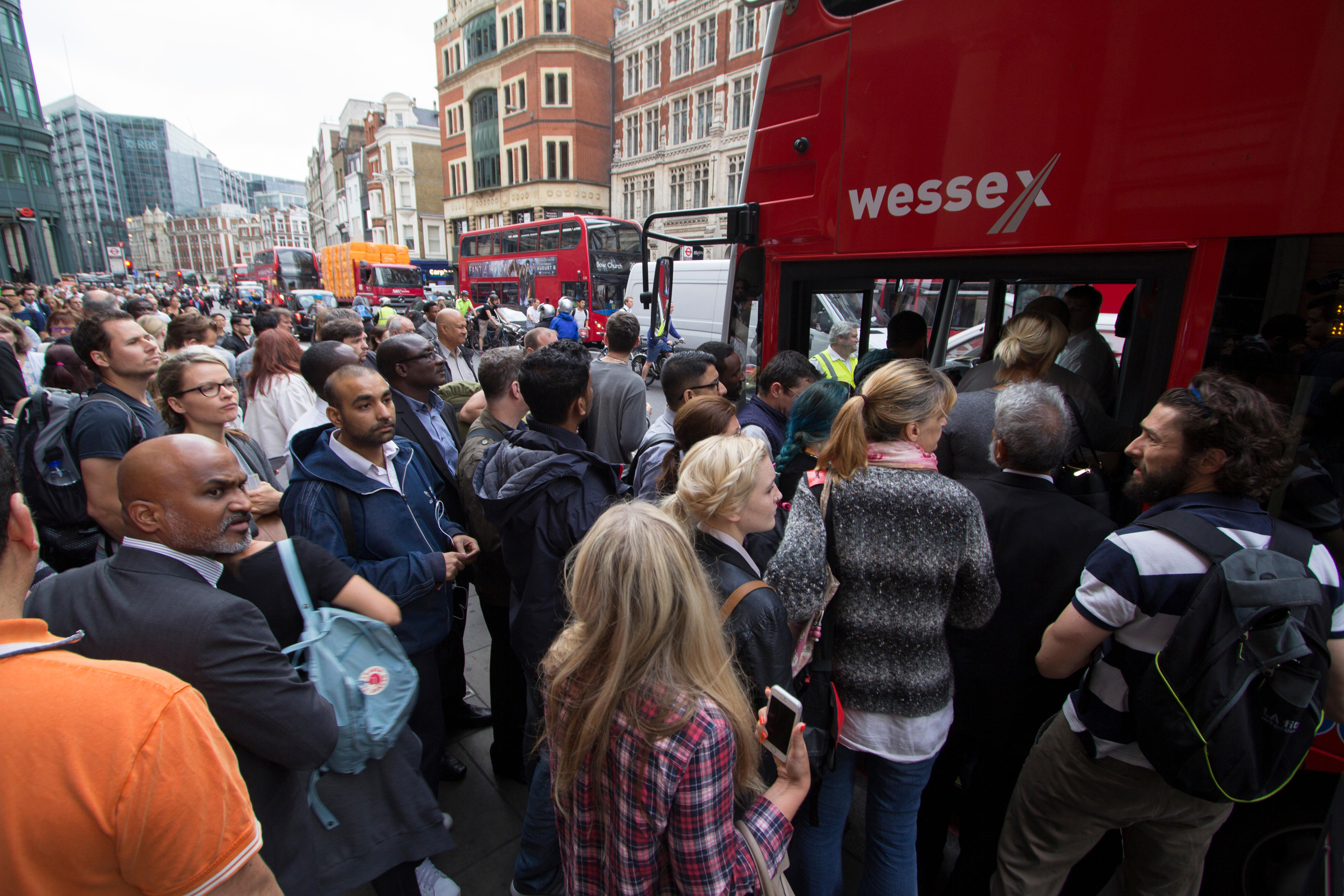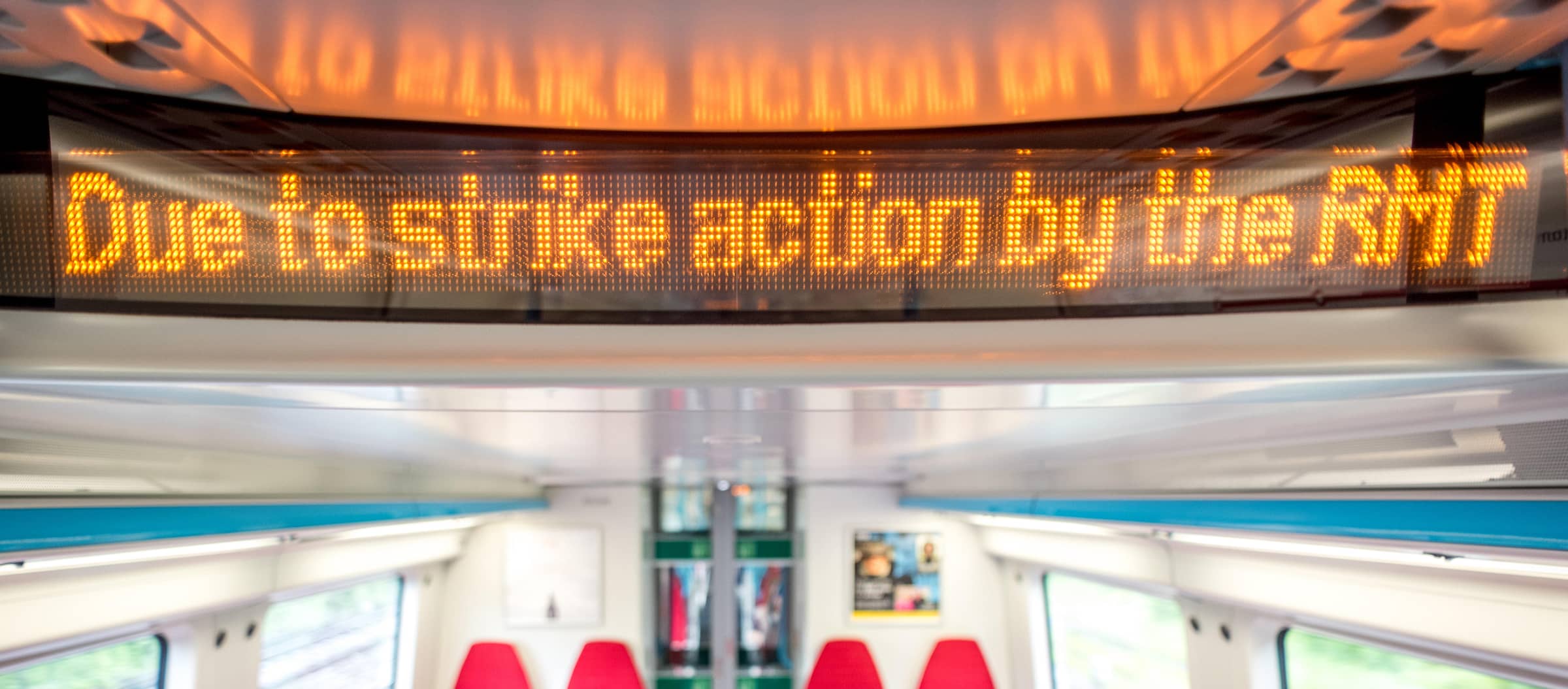A double whammy of train and Tube strikes is set to cause chaos for commuters this week.
Members of the Rail, Maritime and Transport (RMT) union at Network Rail and 13 train operators are going on strike on Tuesday, Thursday and Saturday, in protest over pay, jobs and conditions.
Fewer than one in five trains are set to run on these days – only on main lines and only for around 11 hours – with knock-on disruptions expected on Wednesday, Friday and Sunday.
Strikes will also affect the London Underground, with members of the RMT and Unite walking out on Tuesday, with no services expected before 8 am on Wednesday.
More than half of the trains taking revellers to Glastonbury Festival have been cancelled because of the strikes, with tens of thousands forced to find another mode of travel.
Whether you’re forced to find an alternative route or work from home, transport disruption can cause your stress levels to rise.
Ahead of the strikes, we asked wellbeing experts for their advice on how to keep your cool this week…
Plan ahead

“Not all problems need psychological solutions,” says psychologist and author Dr Audrey Tang, who suggests “practicality is in order”.
If possible, arrange to work from home on the strike days, switch to online meetings with colleagues or clients, or reschedule if they need to be in person.
“Consider alternative routes, meeting points or times which might make travel easier,” Tang suggests. If you can set off a bit earlier, you might enjoy a brisk walk or cycle in the sunshine.
“And yes, I know this is not helpful for climate change nor the cost of living, but if neither cycling or walking is possible, consider a car, car sharing or Uber – and see if your work will give any support.”
Mindfulness on the move

If you do have to brave public transport on a strike day, long queues, delays and crowds can leave you feeling anxious and irritable.
“It’s important to remember the situation is not your fault, and also that becoming anxious won’t change anything,” says BACP accredited counsellor Cate Campbell.
“If you are anxious in crowds, it can be helpful to talk to another person who is also queuing, as there is likely to be a good sense of camaraderie. Or you could phone someone to help pass the time.”
Rather than seeing the strike days as inconvenient, you could use the extra commuting time to your advantage. Campbell says: “Take something to read, listen to a podcast, or catch up with your messages, for instance. Listening to a mindfulness app can be helpful, as can taking slow deep breaths in, with longer breaths out.”
WFH hacks

Out of the swing of working from home, and worried about how you’ll cope with your partner/kids/housemates all stuck under one roof?
“Ideally, discuss how it can work ahead of time, so you each have similar expectations of how the day will pan out, and agreements about who will be where doing what and when,” suggests Campbell.
“You may need to resign yourself to an on/off day, with short spells of time spent working, if you’re taking turns using workspace or caring for kids.”
Cut yourself some slack and remember it’s only a temporary situation. “You have a good reason – not an excuse – why work may not be completed, so try not to feel too guilty if jobs don’t get done.”
And above all, Campbell says, be supportive of your newfound co-workers: “Ask how it’s going, make coffee, and remain aware you’re equally inconvenienced and on the same side!”
Learn about the dispute
If you’ve found yourself grumbling about the rail and Tube workers who are striking, it might help to find out more about the issues at hand.
“Research has shown moaning or venting doesn’t even make us feel better in the long run, and it certainly doesn’t solve any problems long-term,” suggests Tang.
“Learning about what is happening can also enhance our sense of cognitive empathy, which in turn can minimise our own negative emotions.”





